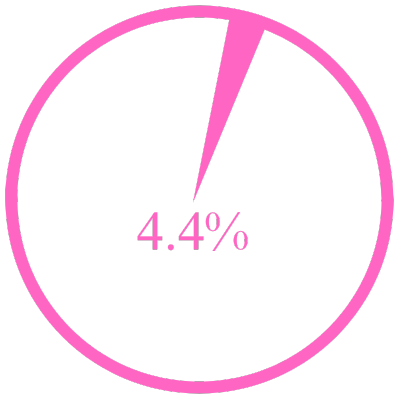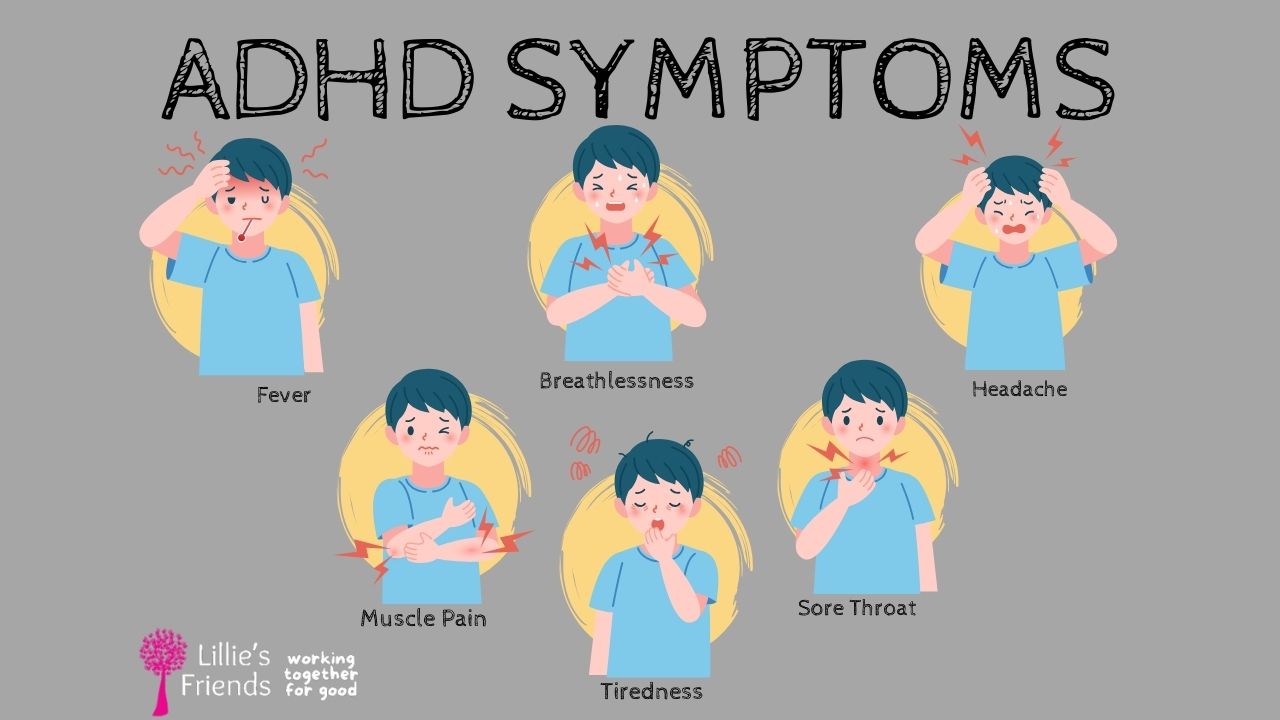Recognizing ADHD symptoms is the first step toward successful treatment. Learn more about the warning signals and get tailored treatment from a healthcare professional.
Attention deficit hyperactivity disorder (ADHD) affects millions of individuals globally. The National Institute of Mental Health [1*] reports that around 4.4% of American adults aged 18-44 have ADHD.
Despite its ubiquity, ADHD sometimes remains undiagnosed, particularly in adults. This causes difficulties in many parts of life, including employment and personal relationships. Continue reading to learn about typical and rare ADHD symptoms, as well as helpful insights into this commonly encountered yet sometimes misunderstood disorder.

Do I have ADD or ADHD?
Today, ADD (attention deficit disorder) and ADHD (attention deficit hyperactivity disorder) are the same thing. Previously, ADD solely referred to difficulty concentrating, but ADHD now encompasses a broader set of symptoms. Three categories of ADHD [2*] have been postulated to differentiate between their symptoms.
[wptb id=1949]What Does ADHD Feel Like?
Signs of ADHD differ from person to person. However, many individuals with ADHD have the same symptoms and experiences:
[wptb id=1955]10 Common ADHD Symptoms in Adults
ADHD impacts many aspects of life, although it is frequently disregarded. Let’s look at some popular and lesser-known indications to help you realize when to seek expert help.
When to Seek Professional Help for Adult ADHD?
Testing for Adult ADHD
FAQ
How does ADHD affect you physically?
ADHD may cause physical symptoms such restlessness, fidgeting, and increased tiredness. Some people may have headaches or stomachaches as a result of stress caused by ADHD symptoms or adverse effects from ADHD drugs.
What can trigger ADHD in adults?
ADHD in adults is often not triggered since it is a neurological illness that begins in infancy. Adults’ symptoms might be exacerbated by stress, lack of sleep, poor food, and excessive obligations in their personal or professional life. Adult ADHD symptoms may be exacerbated by environmental changes, as well as specific drugs or substances.
Can adults develop ADHD later in life?
Recent research [6*] suggests that people with ADHD may not exhibit symptoms until puberty. However, most individuals are diagnosed with ADHD in adulthood either their symptoms become obvious or they were not identified as children.
What is ADHD commonly mistaken for?
ADHD is often misdiagnosed as anxiety disorders, depression, bipolar illness, or behavioral problems owing to overlapping symptoms. To acquire an accurate diagnosis, you should consult with a healthcare specialist.


0 Comments